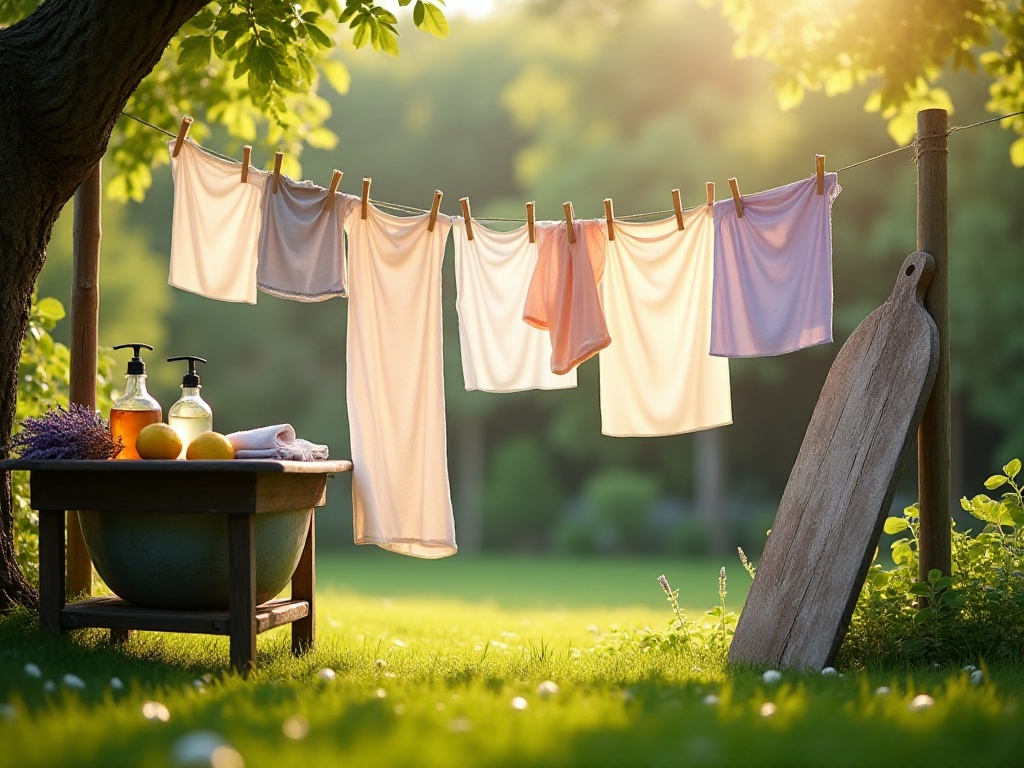
Introduction
Lying in bed scrolling through my phone, I suddenly realized it was already 1 AM, and I had to get up early for work tomorrow. This happened way too many times! Every day I was spinning like a top, yet always felt like nothing was done properly. Work files piled up like mountains, dishes in the kitchen remained unwashed, laundry wasn't hung, and even my favorite TV show time had to be squeezed in by staying up late.
Can life really be more relaxed? After a year of exploration and practice, I finally transformed from a messy, slovenly "waste" to a life management expert. Now I'm sharing some life hacks that I've personally tested - guaranteed to improve your quality of life immediately!
Morning Revolution
I used to be the type who set a string of phone alarms from 6:30 AM, every ten minutes until 8 AM. Every time the alarm went off, I'd think "just five more minutes," only to wake up nearly late. Rushing through washing up and getting dressed, breakfast wasn't even an option - just grab my bag and run.
Now I'm completely different. Every morning at 6 AM, I wake up energetically, not even needing an alarm anymore. This change sounds incredibly simple but is really effective. I put my alarm clock on the desk in my study, the farthest place from my bed. So when the alarm goes off every morning, I have to get up and walk over to turn it off.
During that walk, my brain starts to wake up. Especially in winter, the cool feeling of bare feet on the floor gives you the best wake-up experience! By the time I reach the study to turn off the alarm, I'm completely awake.
Besides the alarm trick, I also keep a glass of water on my bedside table. I prepare this water before bed, and drinking it is the first thing I do when I wake up. A glass of room-temperature water not only quickly replenishes water lost during the night but also stimulates intestinal movement, helping with bowel movements.
After maintaining this for a while, my biological clock has completely adjusted. Now I naturally wake up around 5:50 AM. The moment I open my eyes, I feel refreshed, without any of that previous heavy-headed feeling.
The benefits of early rising are numerous. I can now leisurely enjoy breakfast, read the news, and even do twenty minutes of morning exercise. I used to think early risers were "fake," but now I realize waking up early isn't that hard - the key is finding the right method.
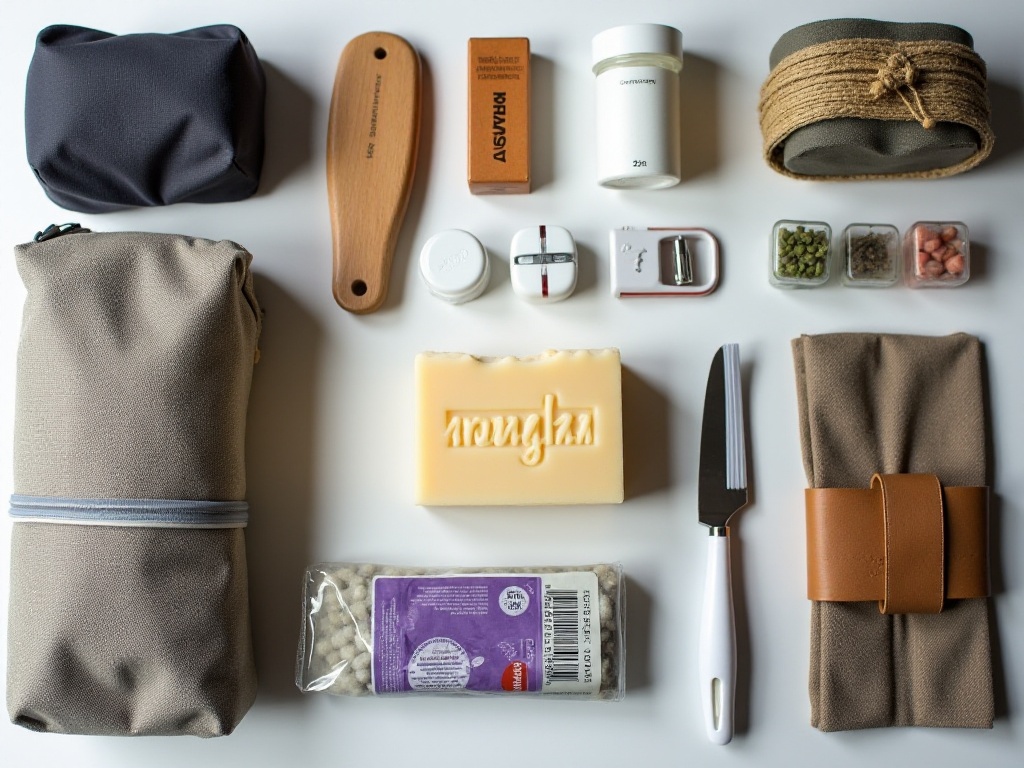
Evening Preparation
The morning rush largely happens because we don't prepare well the night before. Now I dedicate the last fifteen minutes of my evening as "tomorrow preparation time," specifically for getting ready for the next day.
First is preparing tomorrow's clothes. I choose appropriate outfits based on tomorrow's weather and schedule. I match tops, pants, underwear, and socks, hanging them neatly on the coat rack. This prevents morning situations like not finding matching socks or discovering wrinkled shirts that look like mountain ranges.
Then I prepare materials for tomorrow's lunch. I wash and cut all needed ingredients in advance, storing them in containers. Seasonings are also prepared. This way, the next morning only requires simple cooking to prepare a delicious lunch. After all, bringing your own lunch not only saves money but ensures balanced nutrition - why not do it?
Finally, I organize work items. I check all files, computer, chargers needed tomorrow and pack them neatly in my bag. Keys, transit cards, and other personal items are placed in fixed locations. This prevents the morning scramble of searching for things everywhere.
After these fifteen minutes of preparation, the next morning becomes extraordinarily smooth. No searching around, no last-minute outfit decisions - your whole state of being improves.
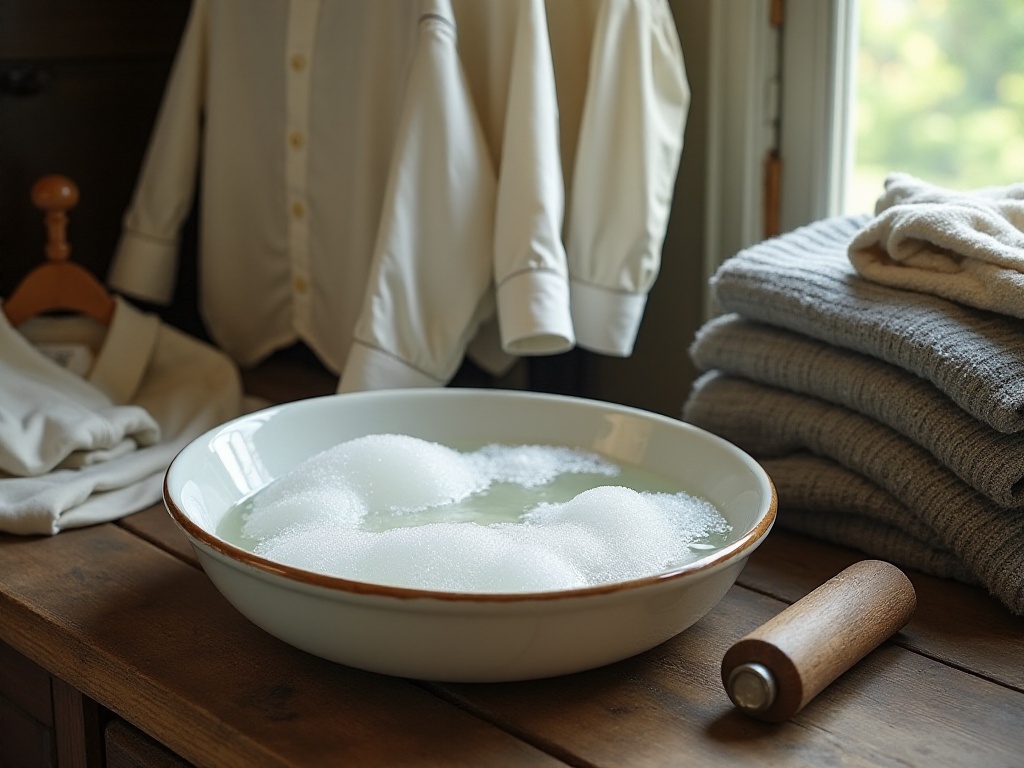
Kitchen Wisdom
Speaking of the kitchen, that used to be my heartache. After cooking, it looked like it had been ransacked. Oil splatters everywhere, piles of dishes, condiment bottles toppled over. Cleaning up took at least an hour, making me not want to cook at all.
Later I discovered there are many "gap periods" during cooking that can be used for cleaning. For example, while waiting for water to boil, instead of scrolling through videos on your phone, put away used seasonings; while waiting for food to fry, wash the cutting board and knives.
Now I always maintain a clean area on my kitchen counter, specifically for temporarily placing ingredients and seasonings being used. Items are returned to their places immediately after use, and dirty tools are washed right away. This not only makes the cooking process more organized but also prevents seasoning mistakes or forgetting ingredients.
Notably, I placed a small garbage bin next to the sink specifically for kitchen waste. Vegetable scraps can be swept directly into it, preventing mess all over the counter. This simple change can elevate kitchen hygiene significantly.
Another particularly useful tip is filling the sink with hot water before cooking. This way, oil residue produced during cooking can be rinsed directly into the hot water, preventing it from sticking to sink walls. After cooking, just drain the water, and the sink is basically clean.
Combined, these small tricks keep my kitchen basically clean and tidy after cooking, requiring at most ten more minutes to completely tidy up. The saved time can be spent enjoying food or chatting with family.

Storage Revolution
Storage has become one of my obsessions. Previously, things at home were messy, requiring extensive searching when needed, never finding urgent items but always stumbling upon them when not needed. Now everything in my home has its fixed place, organized as scientifically as library book codes.
My storage system is primarily divided based on frequency of use. Frequently used items are placed in easily accessible locations, while less frequently used items can be stored in relatively hidden places. For example, keys used daily hang on the key rack by the door, ready to grab when leaving. Meanwhile, thick winter coats can be vacuum-packed and stored on the top shelf during summer.
For small items that easily become disorganized, I use storage boxes for categorized storage. Stationery is separated into different compartments by type, cosmetics are arranged by order of use, and jewelry has dedicated storage boxes. Each storage box is labeled for clear identification.
Wardrobe organization is also particular. I zone clothes by category: tops, pants, and skirts each have their area. Within each zone, items are arranged by color depth, making clothes easy to find. Socks are uniformly stored in the second drawer, categorized by different uses: sports socks, business socks, home socks, etc.
Book storage is also interesting. I divide books into "currently reading," "to read," and "read" zones. "Currently reading" books are placed on the bedside table and coffee table for easy access; "to read" books are neatly arranged on the bookshelf; "read" books can be stored in storage boxes if not needed temporarily.
Setting up such a storage system does take time, but once habits are formed, maintenance is actually simple. The most important thing is developing a "return after use" habit - don't think "I'll put it back later," because that "later" often means never.
Clothing Management
Regarding clothing management, I'm most proud of my two-basket laundry method. I keep two laundry baskets in the bedroom, one for light-colored clothes and one for dark ones. Clothes are sorted directly when taken off, eliminating sorting time when doing laundry.
However, before tossing clothes into the laundry basket, I check if they really need washing. Many clothes worn only once without much sweat or stains just need airing out on the balcony. Especially for coats or sweaters that don't easily get dirty, excessive washing can actually affect the fabric quality.
When washing clothes, I turn each piece inside out, zip up zippers, and button up buttons. This not only cleans every corner of the clothes better but prevents clothes from being scratched by zippers during washing. For items that might bleed color or are particularly valuable, I choose hand washing or separate washing.
Hanging clothes to dry also has its techniques. I choose different drying methods based on fabric type. Cotton items can be hung directly on hangers, but sweaters should be laid flat to avoid deformation. When hanging clothes, avoid direct sunlight, especially for dark or printed items that can fade easily.
When collecting dried clothes, I fold and categorize them immediately. This saves subsequent organizing time, and folded clothes look neater. For easily wrinkled items, I bring them in when they're half-dry, resulting in fewer wrinkles when fully dry.
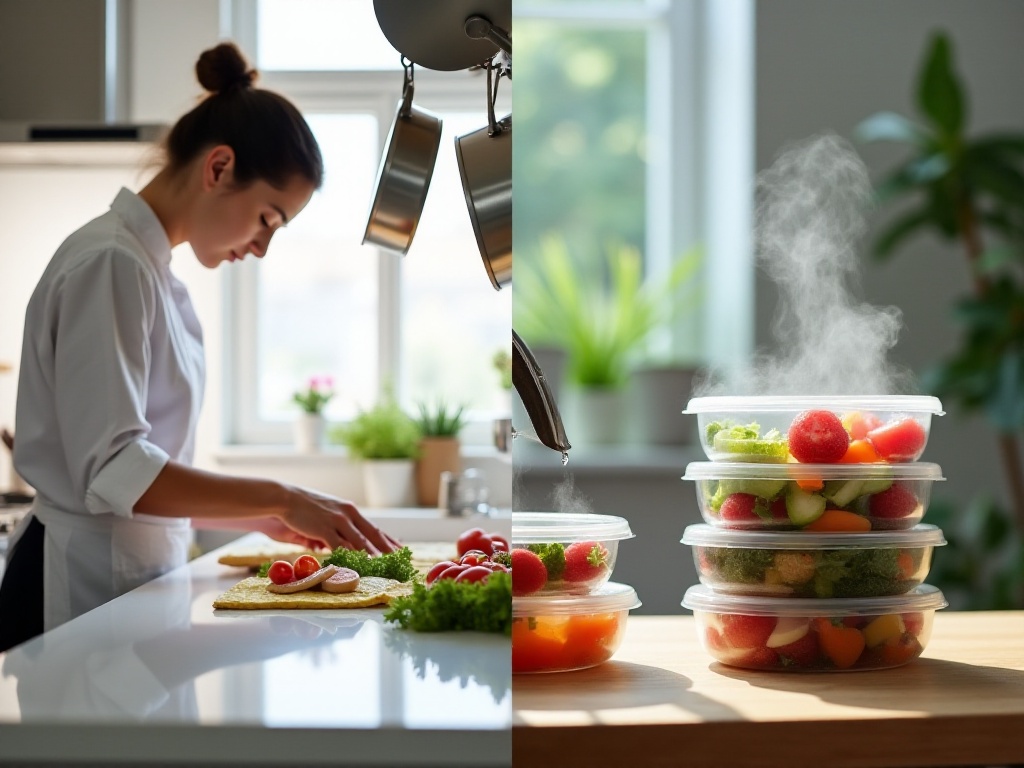
Cleaning Tips
My cleaning secret is white vinegar. It's cheap, environmentally friendly, and extremely effective. I usually prepare a spray bottle with a mixture of white vinegar and water, roughly 1:1 ratio. This all-purpose cleaner can handle 90% of household cleaning needs.
For example, kitchen grease just needs a spray of vinegar solution, wait a few minutes, and wipe clean with a cloth. Bathroom limescale too - spray with vinegar solution, wait a while, and it wipes off easily. Even mirror stains can be restored to brightness using this solution.
Kettle scale is most troublesome, but white vinegar solves it easily. Pour an appropriate amount of vinegar-water mixture into the kettle, boil it and let it sit for half an hour, and the scale will automatically detach. Then dump the solution and boil a kettle of clean water to remove any vinegar smell.
Toilet cleaning can also use vinegar. Pour a cup of white vinegar into the toilet before bed, give it a quick brush with the toilet brush before flushing the next morning, and it removes water stains and odors. This is not only cheaper than chemical cleaners but also environmentally friendly.
Besides vinegar, I also use baking soda for cleaning. Sprinkle baking soda on carpets, wait ten minutes and vacuum it up to remove odors. Placing a box of baking soda in the refrigerator effectively absorbs odors.
These natural cleaning products are not only effective but particularly safe. No worries about health effects from chemical cleaner residue or dangers from mixing different cleaners. Most importantly, they're very cheap, saving considerable cleaning supply money over a year.
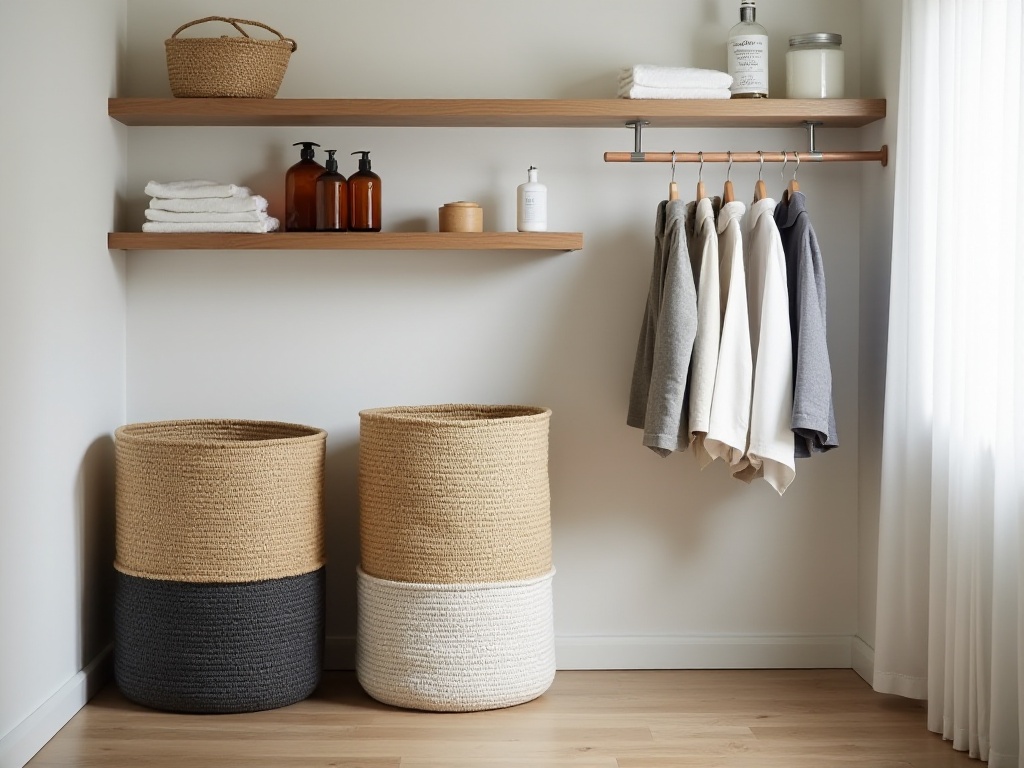
Summary and Outlook
Through these methods, I save at least 3 hours daily. No more morning scramble to find things, no lunch queue lines, no spending lots of time on evening housework. I use the saved time to learn new skills, chat with family, or just sit quietly enjoying solitude.
These changes might seem small, but persistently maintaining them can transform life dramatically. Most important is forming habits, making these small changes become natural behaviors.
Actually, improving life quality doesn't require earth-shattering changes; the key lies in accumulating these subtle details. Like water dripping can pierce stone, these small habits will ultimately help us create a more relaxed, organized life.
I hope these experiences help everyone. Also welcome to share your own life hacks - let's improve together and make life better together.
Next
Confessions of a Nutritionist: How I Used Scientific Methods to Help 100 Patients Improve Their Eating Habits
A comprehensive guide exploring healthy eating habits and clothing care, covering nutritional principles, dietary control, and eco-friendly garment maintenance methods for a healthy and sustainable lifestyle
After Three Years, I Finally Figured Out How to Do Laundry - Here's What I Learned
A comprehensive guide to clothing care, covering daily washing classification, special fabric maintenance, stain and odor removal, drying and storage techniques, helping readers master scientific clothing care methods to extend garment life
Save Your Precious Wardrobe: Laundry Tips to Keep Your Clothes Looking New
A comprehensive guide to clothing care covering sorting methods, pre-treatment techniques, washing instructions, drying and storage solutions, and effective stain removal methods for various fabric types
Next
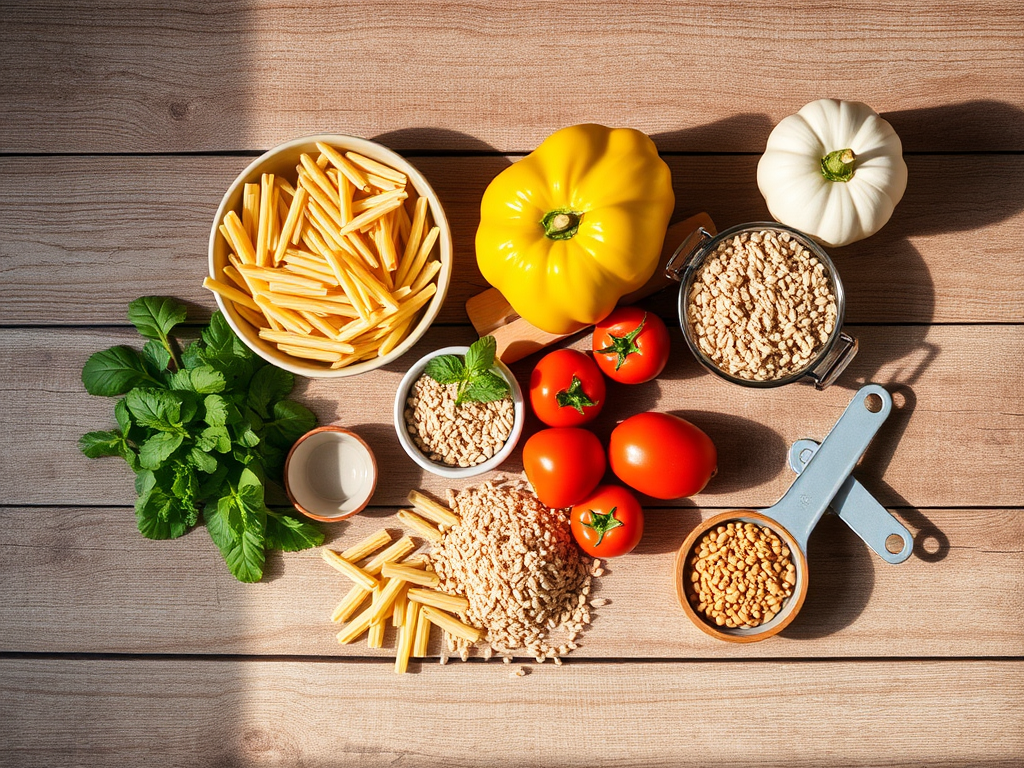
Confessions of a Nutritionist: How I Used Scientific Methods to Help 100 Patients Improve Their Eating Habits
A comprehensive guide exploring healthy eating habits and clothing care, covering nutritional principles, dietary control, and eco-friendly garment maintenance methods for a healthy and sustainable lifestyle

After Three Years, I Finally Figured Out How to Do Laundry - Here's What I Learned
A comprehensive guide to clothing care, covering daily washing classification, special fabric maintenance, stain and odor removal, drying and storage techniques, helping readers master scientific clothing care methods to extend garment life

Save Your Precious Wardrobe: Laundry Tips to Keep Your Clothes Looking New
A comprehensive guide to clothing care covering sorting methods, pre-treatment techniques, washing instructions, drying and storage solutions, and effective stain removal methods for various fabric types


